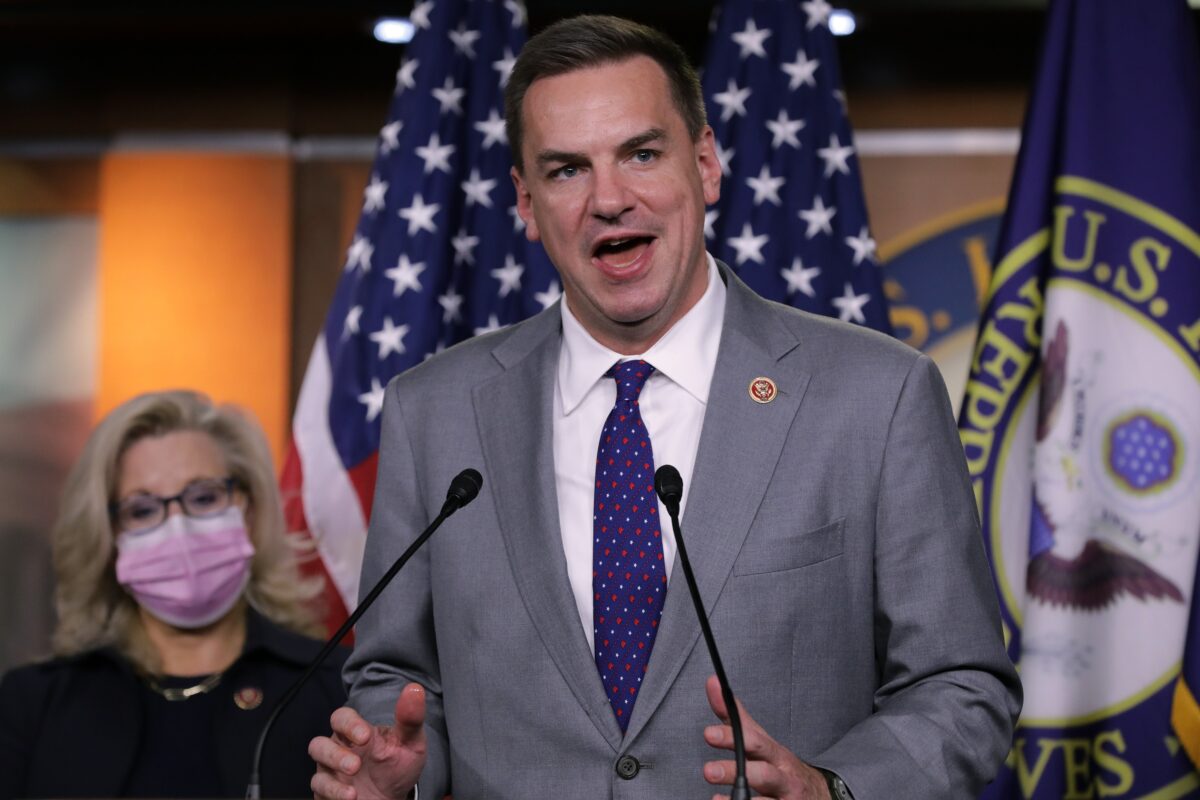The following article was copied and pasted from my Epoch Times electronic subscription to display their reporting and concern for truth and facts, and to inform on topics not covered by mainstream and social media.
Congress Approves Rules Regulating Jan. 6 Electoral Vote Count
The House of Representatives and the Senate on Jan. 3 adopted rules that outline how the counting of Electoral College votes will take place on Jan. 6.
The rules were passed without recorded votes. Instead, a voice vote was used in both chambers.
The guidance, introduced by Senate Majority Leader Mitch McConnell (R-Ky.), says the chambers will meet in a joint session on Jan. 6 presided over by Vice President Mike Pence.
Pence, as president of the Senate, will open “all the certificates and papers purporting to be certificates of the electoral votes,” the rules state, a nod to the fact that seven states sent so-called competing electors to Washington, certificates for both Democratic presidential nominee Joe Biden and President Donald Trump.
The certificates and papers will be opened, presented, and acted upon in alphabetical order, starting with Alabama.
This is when dozens of Republicans—at least 50 representatives and 12 senators, according to an Epoch Times tally—are planning to object to some certificates, alleging election irregularities including voter fraud and failure to follow state election laws.
That will trigger a withdrawal from the joint session and a two-hour debate followed by votes in each chamber. Only with a majority vote from both the House and the Senate would a challenge be upheld, which even supporters find unlikely, considering that Democrats, who control the House, and Senate Republican leadership, including McConnell, have expressed disapproval of the plan to object.
House Speaker Nancy Pelosi (D-Calif.), in a letter to colleagues on Jan. 3, noted that objections can happen but said that at the end of the day, Biden “will be officially declared the next president.”
“Our choice is not to use the forum to debate the presidency of Donald Trump,” she said.
Reps. Ron Estes (R-Kan.), Tracey Mann (R-Kan.), and Jacob LaTurner (R-Kan.) said on Jan. 3 that they’ll join in the objections, saying in a statement that several states are “facing serious allegations of voter fraud and violations of their own state law.”
“This action is not taken lightly and comes after extensive study and research,” they said. “Kansans deserve to know that all legal, and only legal, votes were counted. We hope our actions begin to restore the confidence of tens of millions of our fellow Americans that feel their sacred right to vote is under attack.”
Reps. Jim Jordan (R-Ohio) and Richard Hudson (R-N.C.) also announced on Jan. 3 that they’ll object.

But seven Republican representatives, including several strong Trump supporters, said they won’t join in the effort, and denounced the move.
“Of the six states as to which questions have been raised, five have legislatures that are controlled by Republicans, and they all have the power to send a new slate of electoral votes to Congress if they deem such action appropriate under state law. Unless that happens between now and Jan. 6, 2021, Congress will have no authority to influence the outcome of the 2020 presidential election,” the group wrote in a statement.
“To take action otherwise—that is, to unconstitutionally insert Congress into the center of the presidential election process—would amount to stealing power from the people and the states. It would, in effect, replace the Electoral College with Congress, and in so doing strengthen the efforts of those on the left who are determined to eliminate it or render it irrelevant.”
The weekend saw a flurry of action, with 11 senators following Sen. Josh Hawley (R-Mo.) in announcing they’d join in the objections unless Congress appoints a commission to examine alleged election irregularities. The idea is modeled on the panel formed in 1877 amid a contested election.
Hawley’s Dec. 30 announcement triggered a number of House members to announce their intention to object. The number planning to do so has more than doubled since then.
A segment of Republicans are focusing on Pence’s role in the proceedings. They had sued the vice president and asked a court to rule that he has the “exclusive authority” to decide between dueling electors. A judge dismissed the case and an appeals court rejected an appeal.
Pence had asked the court to dismiss the suit but said through a spokesman on Jan. 2 that he supports efforts to challenge electoral votes.
“Vice President Pence shares the concerns of millions of Americans about voter fraud and irregularities in the last election,” Pence’s chief of staff, Marc Short, said in the statement sent to media outlets.


 Help us spread the truth. Share this article with your friends.
Help us spread the truth. Share this article with your friends.